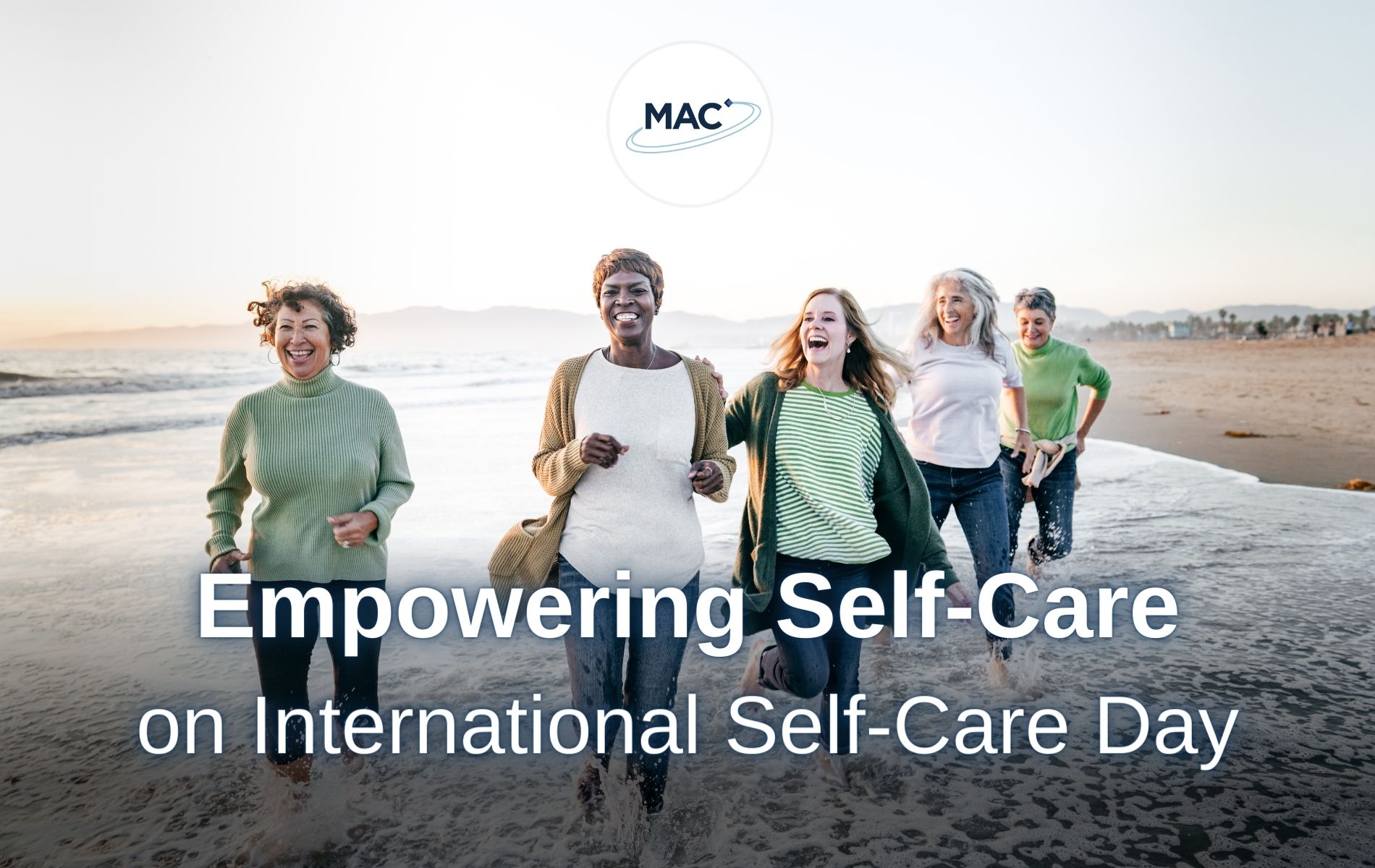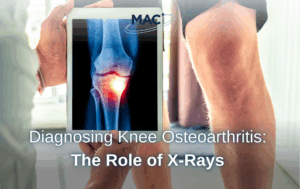This International Self-Care Day, it’s important to recognise the role that clinical trials play in promoting self-care.
This awareness day is celebrated on the 24th of July and is organised by the Global Self-Care Federation1. The charity encourages everyone to make and share their commitment to embracing a specific self-care action.
Self-care can come in many forms; it might bring to mind activities like exercise, healthy eating, and relaxation techniques. For this year’s awareness day, we want to shed a light on how clinical trials can promote self-care. Clinical trials, at their core, are a powerful tool for empowering individuals to take control of their health and well-being.
Clinical trials serve as gateways to cutting-edge medical advancements and therapies. By participating in a clinical trial, individuals gain access to potential breakthrough treatments that may not yet be widely available. This opportunity can positively impact self-care by providing access to innovative solutions that can improve overall health outcomes and quality of life.
The Association of the British Pharmaceutical Industry (ABPI) reports that an average of 631 clinical trials are conducted in the UK every year2. Excluding healthy volunteer clinical trials, each one of these clinical trials has provided a unique opportunity to gain access to potential new healthcare treatments.
However, participating in a clinical trial goes beyond receiving potential new treatments: When you participate in a clinical trial, you will receive a comprehensive health check-up, which includes health tests such as a blood pressure check and an ECG test. The results from these health checks will be shared with your GP, particularly any anomalies that could be found.
Blood Pressure UK says that even those with healthy blood pressure should have theirs checked at least every five years, and those with a slightly raised blood pressure should have theirs checked every year3. Clinical trials give an opportunity for participants to have these essential health checks outside of appointments with their GP.
Clinical trials also involve being part of a process that fosters awareness and education. Clinical research also provides participants with detailed information about their condition, treatment options, and potential side effects. This knowledge equips individuals to make informed decisions about their health, empowering them to take an active role in their health routine. For instance, those taking part in a mental health clinical trial may be inspired to turn to self-help guides such as those provided by the NHS, including exercises to improve mental health, and breathing exercises for stress4. By actively seeking clinical trial participation, individuals demonstrate a commitment to understanding their condition and seeking the best possible care.
The discoveries made during these trials have the potential to benefit not only the participants but also countless others who may be affected by similar conditions, creating a sense of altruism and a powerful motivator for self-care.
International Self-Care Day is a reminder that self-care can be amplified through participation in clinical research. By recognising the role of clinical trials in self-care, we empower ourselves and future generations to lead healthier lives through informed choices and proactive engagement.
To find out more about our current clinical trials, how you can get involved, and if you’re eligible, visit our current studies page to find a trial to suit you.
1 International Self-Care Day – Global Self-Care Federation
2 Association of the British Pharmaceutical Industry – Clinical trials: How the UK is researching medicines of the future
3 Blood Pressure UK – Who should have a blood pressure check?
4 NHS – Self-help






